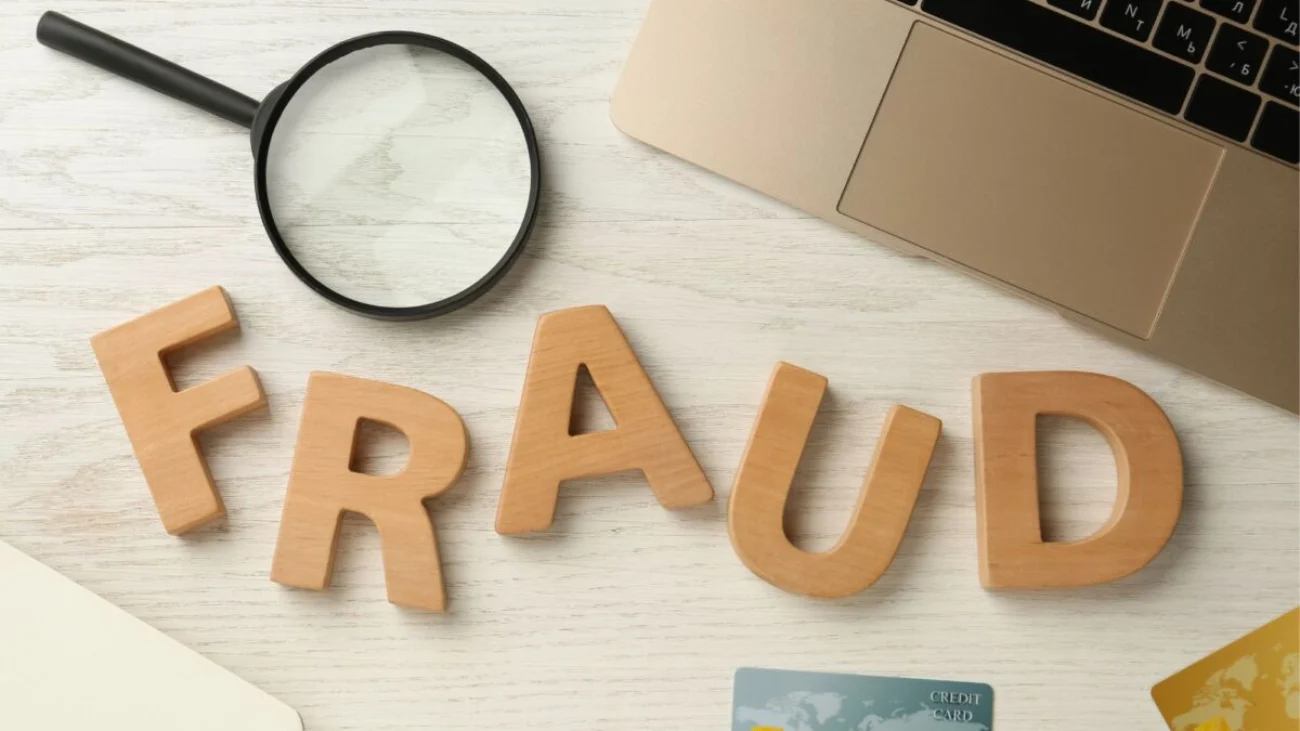Mumbai: In a case that blends deception, forged trust, and sophisticated financial manipulation, the Mumbai Police have registered an FIR against three individuals accused of defrauding a 52-year-old Parsi priest of shares worth ₹16.9 crore by forging documents linked to a joint Demat account. The city’s Economic Offences Wing (EOW) has now taken over the probe.
According to the complaint filed at Azad Maidan Police Station, the victim, Framroze Dadi Vaccha, a resident of Jogeshwari, alleged that his late maternal aunt, Homai Karkaria, who lived alone in Dhobi Talao, South Mumbai, had opened a joint Demat account with him at Standard Chartered Bank in 1999. The account reportedly held shares of several blue-chip companies, including ACC Ltd, Aditya Birla Capital, Dr. Reddy’s Laboratories, and Benares Hotels Ltd.
FCRF Launches CCLP Program to Train India’s Next Generation of Cyber Law Practitioners
Between 2018 and 2020, the accused identified as Lohrasp D. Kalyaniwala, Dilbar L. Kalyaniwala, and Atush Kalyaniwala, all known to the family — allegedly tampered with the account’s KYC records, forged Vaccha’s signatures, and replaced his contact and nominee details with their own. The manipulated documents allowed them to transfer shares worth nearly ₹17 crore to another ICICI Bank joint Demat account opened in the names of Lohrasp Kalyaniwala and Karkaria.
Vaccha discovered the fraud only in November 2024, when he obtained detailed statements from Standard Chartered and noticed multiple unauthorized share transfers. He alleged that the accused exploited his aunt’s age, isolation, and trust, using forged paperwork and false authorizations to seize control of her financial assets and estate.
Police have registered offences under sections related to cheating, criminal breach of trust, and provisions of the Bharatiya Nyaya Sanhita (BNS) and the Information Technology Act.
An EOW official described the case as a “highly calculated instance of financial exploitation within a trusted social circle.” Investigators are now tracing the flow of the transferred shares and verifying whether bank officials or intermediaries played any role in the fraudulent activity.
“This case reflects a dangerous evolution in white-collar crime where emotional manipulation, family ties, and document forgery converge to create the illusion of legitimacy,” said a senior cybersecurity consultant familiar with the investigation.
The case has once again spotlighted the growing threat of insider-led financial crimes, where trust, not technology, becomes the most vulnerable currency.


